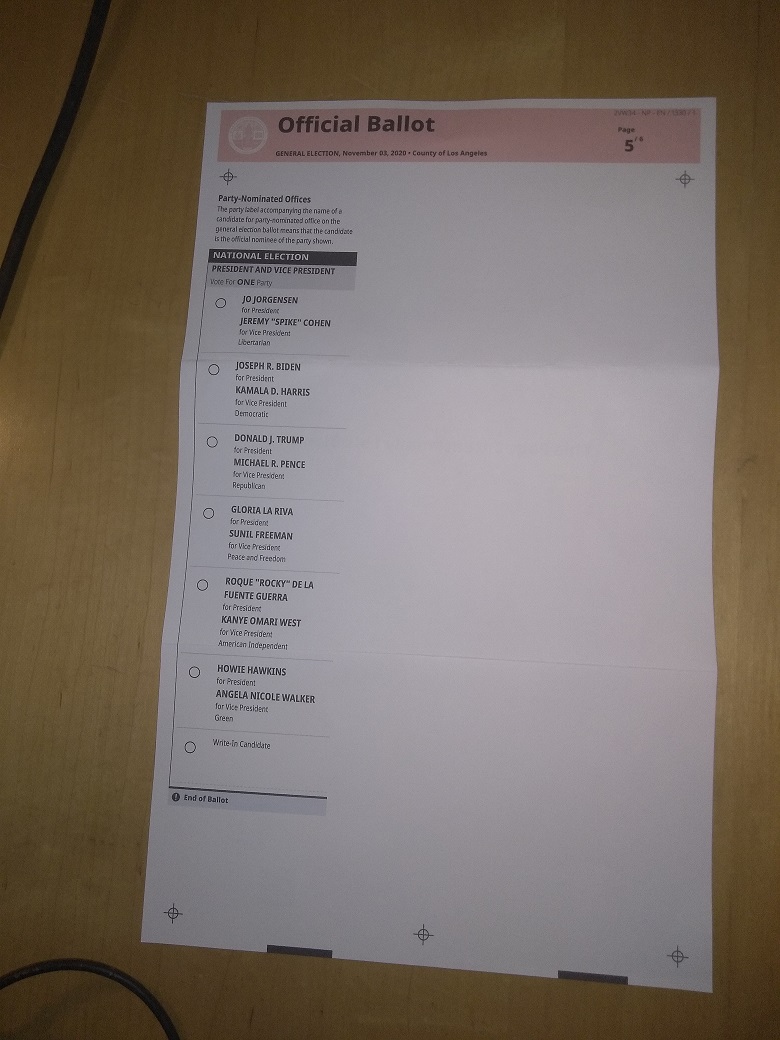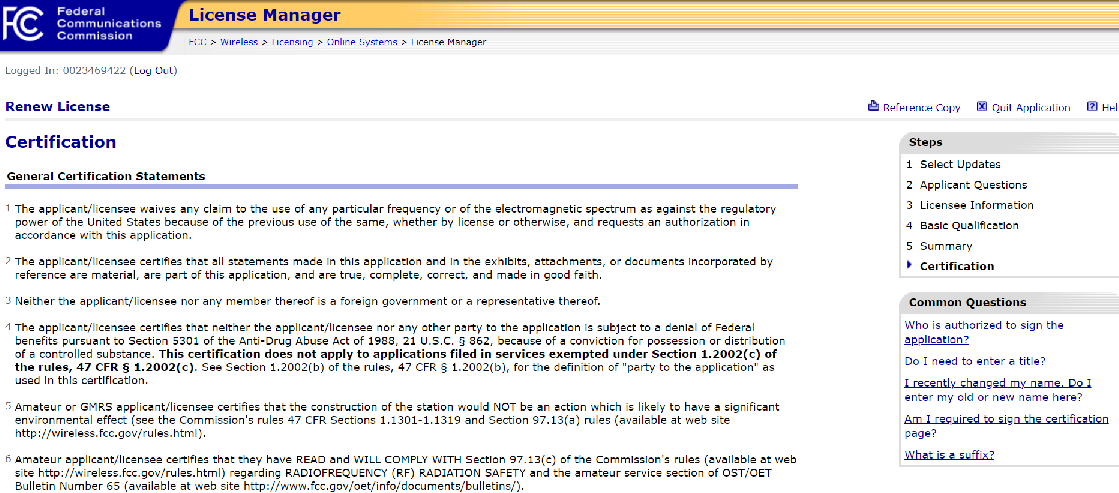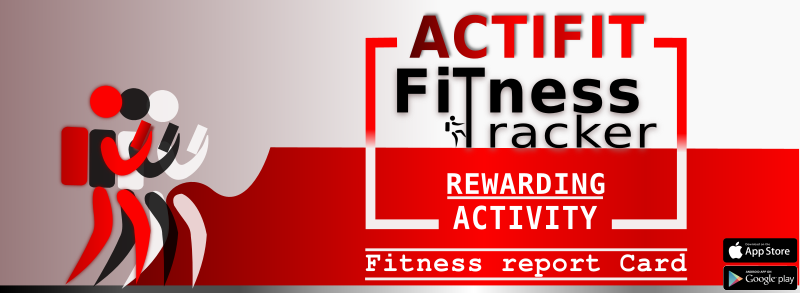Why U.S. Elections Shouldn't Use Blockchain Technology
In the United States elections are based on the concept of secret ballot. This is a good thing becuase it helps protect voters from fear of coercion and intimidation.

As much as I like blockchain technology I believe it simply wouldn't work in state and federal elections. Some may believe that something like bitcoin is completely anonymous but cryptocurrency's complete anonymity is largely a myth.
Using bitcoin as an example: If I have 0.0 bitcoin and no means to mine bitcoin I would need to purchase some from an exchange. Most exchanges have KYC and other legal regulations now. My name and personal information would be associated with the exchange account's bitcoin address. If I buy 1.0 BTC and transfer that 1.0 BTC to a private wallet and start using bitcoin addresses only once there are different software programs that can look at the publicly available ledger and make inferences that can sooner or later be traced back.
The thought of having my entire voting history in a publicly available ledger that can be traceable and permanently exist frankly scares me. The current secret ballot system can be audited to an extent for the purposes of fraud detection but safeguards exist by law. Even if those safeguards somehow don't kick in gettting access to the way I voted in the last three or four other past elections would be nearly impossible.
I was registered to a different political party ten years ago. Some of my opinions have changed since I reached the age of majority and started voting. I don't know with absolute certainty what kind of government I'll be living under ten or twenty years from today or who will be in charge.
One of the state propositions in this current election concerned an issue I support but I voted no because of the way the proposition was written. That would shock a few of my close friends if they knew that. I won't tell them because I know at least one of those friends supports the same issue but doesn't feel the same way. I probably won't be asked how I voted for that proposition because people who know me assume I vote certain ways. If they ask I have the freedom to lie or try to change the subject because I would rather not debate the spirit versus letter of the law.
Or maybe my friend also thought the proposition was worded badly. I don't know. I have no right to know for certain how others vote just like they don't have that right over me if that's my choice.
Even if an election voting ledger was private and encoded there's always the risk that one day that private ledger could be leaked and made public. There would always be the chance someone could figure out or reverse engineer the decryption.
The power of the U.S. Department of Defense couldn't keep the New York Times from publishing the Pentagon Papers. Virtually every DRM encryption Hollywood tries to use to protect their intellectual property gets hacked sooner or later. What chance would I have keeping my votes private if the government started using blockchain technology during election time?



Comments